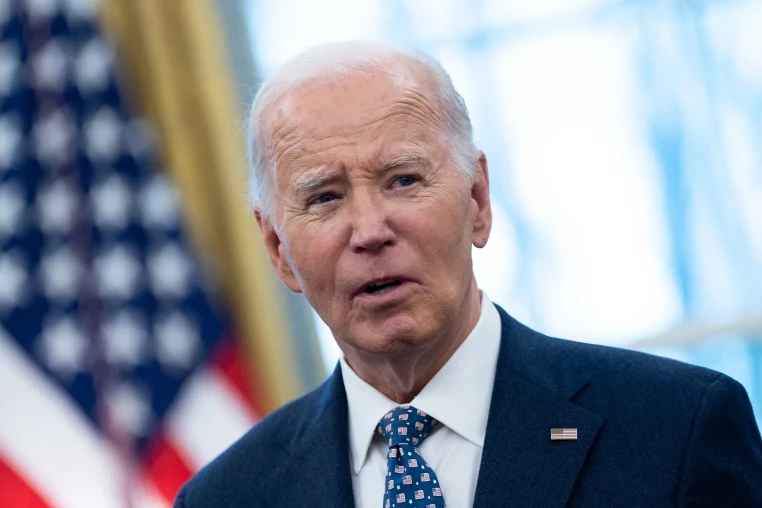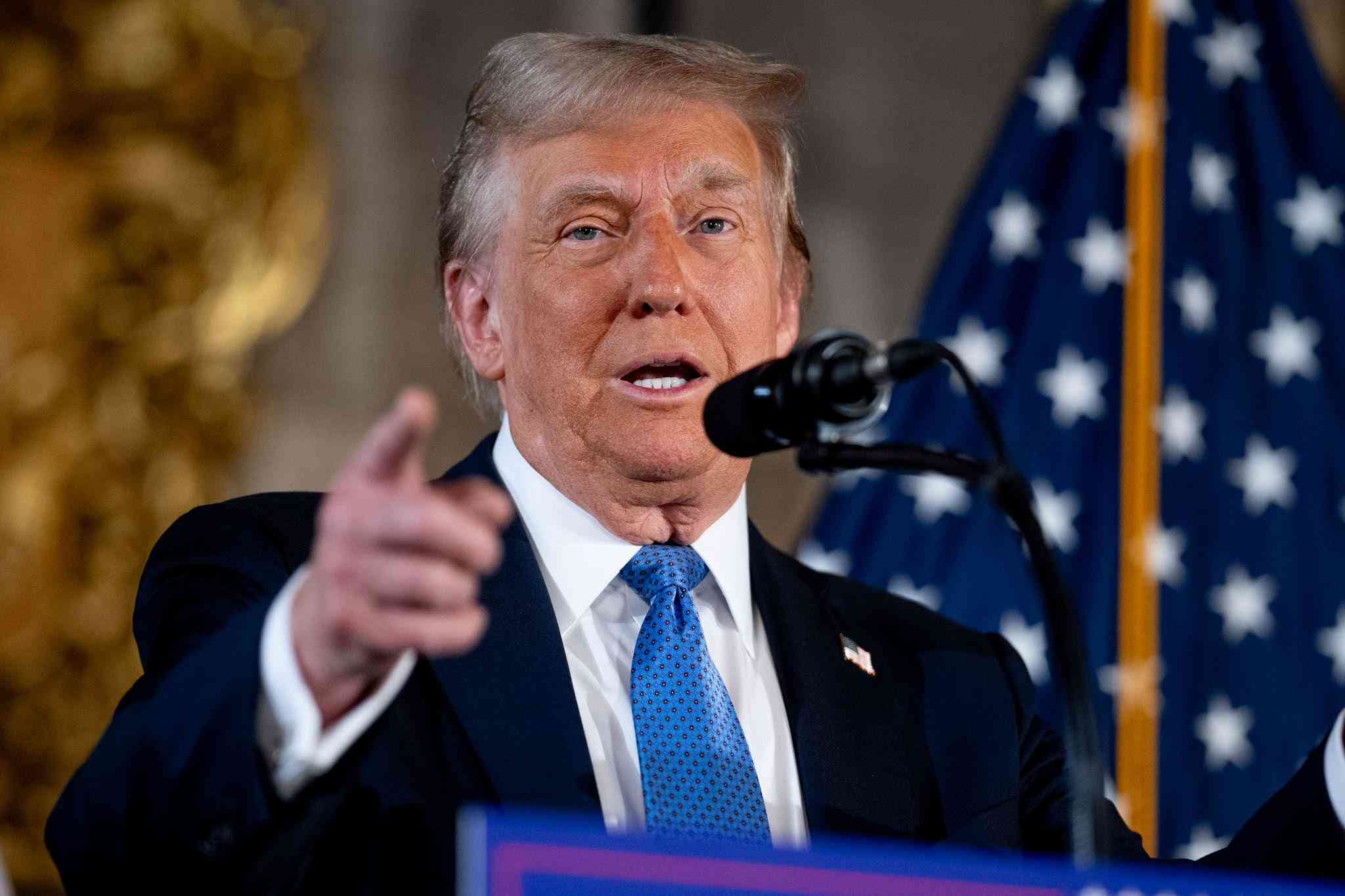
From US Republicans’ effort to get the Supreme Court to overturn Roev Wade, the 1973 ruling that established a woman’s right to an abortion, to Poland’s increased restrictions on access to emergency contraception, to Brazil’s clampdown on sexual health education, this is a difficult time for women.
But if the global feminist movement has proved anything over the years, it is that it can overcome powerful resistance to defend the rights of marginalised groups. In 2020, it will do so again.
The challenge is formidable. An inevitable corollary of the authoritarianism, ethno-nationalism, and xenophobia embraced by political leaders in many countries — in particular, Brazil, Hungary, India, Turkey and the United States — is the perpetuation of regressive gender norms.
According to “strongman” leaders like Brazil’s Jair Bolsonaro, Hungary’s Viktor Orbán, and India’s Narendra Modi, women are born to be wives and mothers; immigrants and racial, religious and ethnic minorities are dangerous and inferior; and LGBTQI+ persons deserve ostracism, detention, or even death.
These leaders have emboldened people who share their views to engage in discrimination and violent attacks against racial or other minorities, migrants, women and other marginalised groups.
Through measures like restrictions on abortion and contraception and the removal of protections for LGBTQI+ people, these leaders sought to control people’s bodies, sexuality, and reproduction, and punish those who defy their outdated beliefs.
For example, immediately upon entering the White House, US President Donald Trump reinstated the “global gag rule,” which, by barring US aid to any international organisation that provides, refers, or advocates for abortion care, is deadly for women.
Yet, as president of the International Women’s Health Coalition and a longtime women’s rights advocate, I have seen firsthand what the feminist movement can do. Consider Argentine feminists’ fight against highly restrictive abortion laws.
- Chamisa under fire over US$120K donation
- Mavhunga puts DeMbare into Chibuku quarterfinals
- Pension funds bet on Cabora Bassa oilfields
- Councils defy govt fire tender directive
Keep Reading
Twenty years ago, at the United Nations, Argentinian diplomats refused even to acknowledge sexual health or reproductive rights. But in 2005, Argentine feminists launched the National Campaign for the Right to Legal, Safe, and Free Abortion, beginning a gruelling uphill battle against powerful adversaries.
In 2018, hundreds of thousands of activists took to the streets across the country wearing green handkerchiefs (now a global symbol of the fight for abortion rights) to demand that the Senate pass a Bill legalising abortion. They lost, but only narrowly — an outcome that would have seemed impossible just a couple of decades earlier. And they kept fighting. Last month, Argentina inaugurated a president, Alberto Fernández, who has vowed to legalise abortion.
Achieving social change to protect marginalised groups is never an easy process. There are no quick victories over weak opposition. But, as feminists have proved time and again, with sustained commitment, changes that once seemed impossible can later seem inevitable.
In the last year alone, there have been numerous examples of such changes. The Mexican state of Oaxaca and the Australian state of New South Wales decriminalised abortion as did Northern Ireland, while others liberalised their laws, expanding the circumstances in which women can access safe, legal abortion services. In April, South Korea’s Supreme Court struck down the country’s abortion law as unconstitutional, setting the stage for decriminalisation this year.
Beyond abortion, Austria, Ecuador, Northern Ireland, and Taiwan all legalised same-sex marriage in 2019. Moreover, in a striking shift of political power, Finland elected Sanna Marin, a 34-year-old woman, as prime minister. Women now lead all five political parties comprising the country’s governing coalition, and four of them are under the age of 40.
Advocates for women’s rights are committed to making 2020 at least an important year in the global fight for equality, not only for women and girls, but for all people.
In India, for example, women are leading protests against a new citizenship law that discriminates against Muslims. Particularly inspiring are the young female and non-binary activists who are leading movements for transformative change. For example, Emma González is demanding gun reform in the US; Bertha Zúñiga is defending the land rights of Honduras’ indigenous people; and Jamie Margolin and Greta Thunberg have emerged as leading climate activists. This year marks the 25th anniversary of the United Nations’ Beijing Declaration and Platform for Action, which recognised women’s rights as human rights and established gender equality’s place on the global agenda.
Since the platform’s creation, activists have used it to hold governments to their commitments on a wide range of issues, including maternal mortality, child marriage, gender-based violence, political participation and reproductive rights.
Feminist activists will continue this work at the Beijing+25 Generation Equality Forum, convened by Mexico and France in Mexico City in May and Paris in July. There, they will call for bold new commitments to address crosscutting challenges like climate change and the refugee crisis.
This broader perspective is vital. In fact, feminists must strengthen their alliances with other progressive movements, especially those fighting for environmental sustainability, racial justice, and LGBTQI+ rights.
Only by mobilising together and supporting one another’s agendas can we overcome white supremacist, heteronormative, patriarchal and exploitative forces to build a more just, equitable and sustainable world.
The effects of these efforts will be shaped by decisions made by citizens and policymakers. The US presidential election in November will be particularly consequential. For better or worse, the US has an outsize impact on how the rest of the world addresses issues ranging from climate action and foreign aid to diplomacy and human rights.
If Trump loses the election, the US could again set a positive example, reviving multilateral co-operation, renewing support for UN agencies working on health and human rights, and ensuring that key government and judicial posts are once more occupied by qualified individuals who support human rights and the rule of law.
But, whatever happens, one thing is certain: the feminist movement and its progressive allies will not give up. — Project Syndicate Françoise Girard is president of the International Women’s Health Coalition











